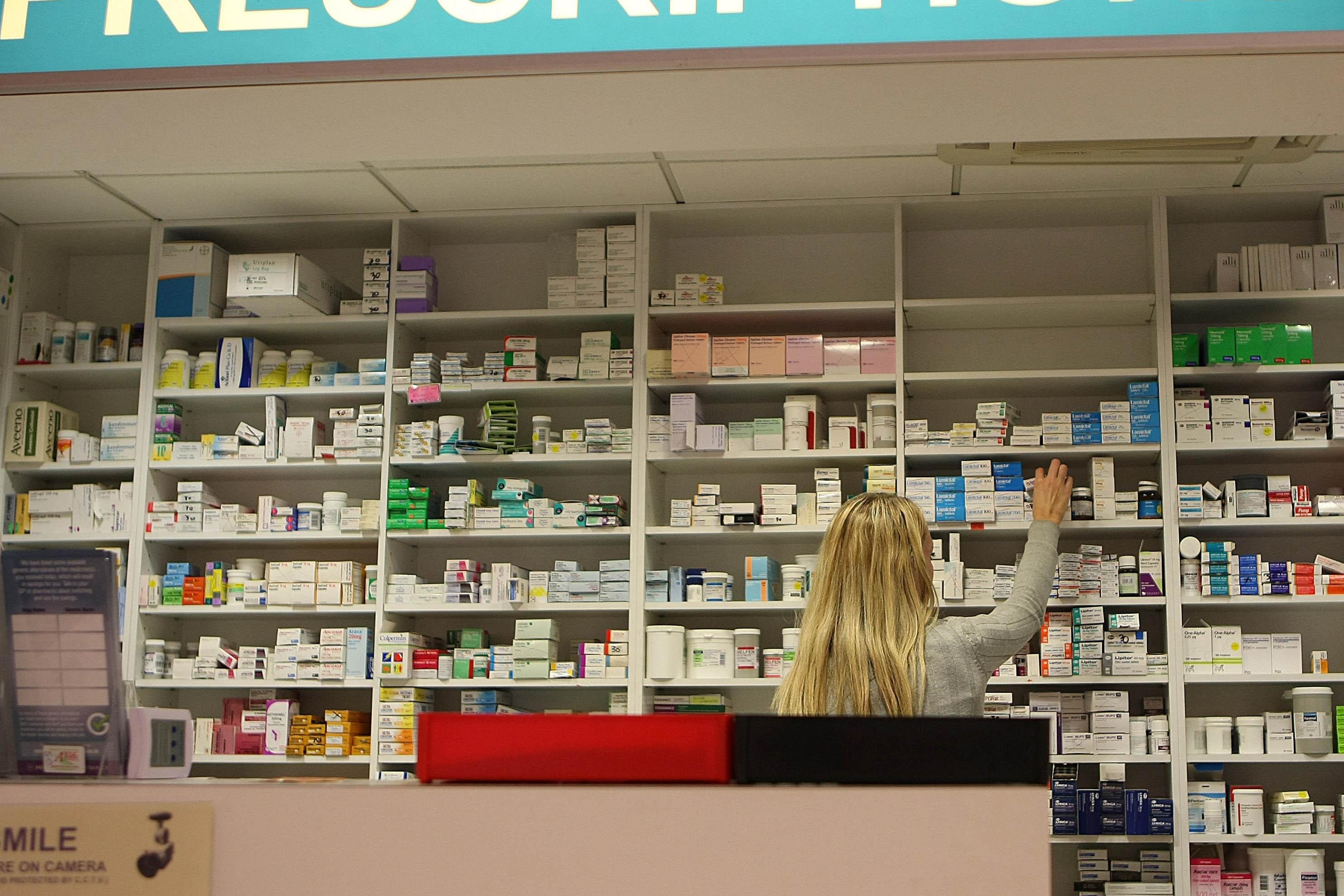Educate children on how to use NHS – top pharmacist
People often visit A&E when they could self-care with support from their local pharmacist, said Thorrun Govind, of the Royal Pharmaceutical Society.

Children should be educated from a young age about how to use the NHS appropriately, a top pharmacist has said.
In a bid to reduce the number of people who turn up at A&E unnecessarily, people have been urged to make sure they are seeking care from the best source.
Thorrun Govind, a community pharmacist and chair of the English board of the Royal Pharmaceutical Society, said even community pharmacists are seeing patients who could care for themselves at home, as she called for better education to help people understand when and where to seek care.
She told Times Radio: “Sometimes we see people who are not in the appropriate place for healthcare services. So sometimes people who don’t need to go to A&E, for example, are going there rather than to their community pharmacy.
We'd like to see more education in schools as well so when children are young, they understand about the parts of the health service and where people should best get care
“And sometimes it may mean that they don’t even need to go to their community pharmacy because the community pharmacy teams can provide them with advice on how they can look after themselves at home.
“So it’s really about getting patients in a place where they can support themselves and to make sure that they’re accessing care at the right place.”
Ms Govind added: “We are increasingly seeing people in community pharmacy who could support their own self-care at home with assisting them to do that.
“So I think it’s really about making sure that people feel enabled at home as well to be able to look after themselves and know also when they might need to be seeking care elsewhere in the health service.”
She said: “We also need to encourage people to look after themselves because that’s also part of educating the public.
“We’d like to see more education in schools as well so when children are young, they understand about the parts of the health service and where people should best get care.”
Bookmark popover
Removed from bookmarks